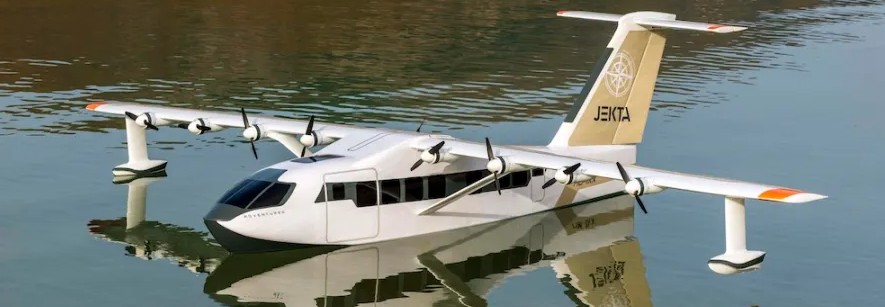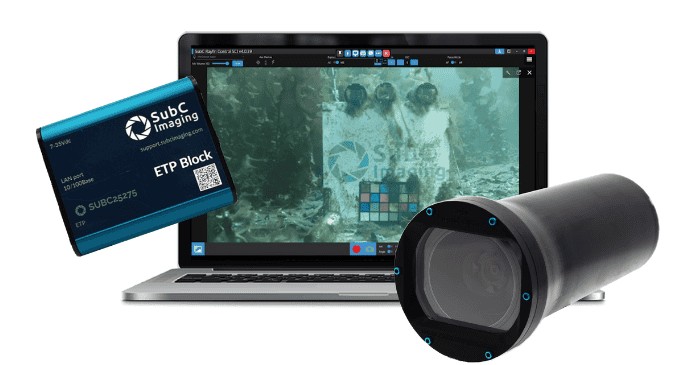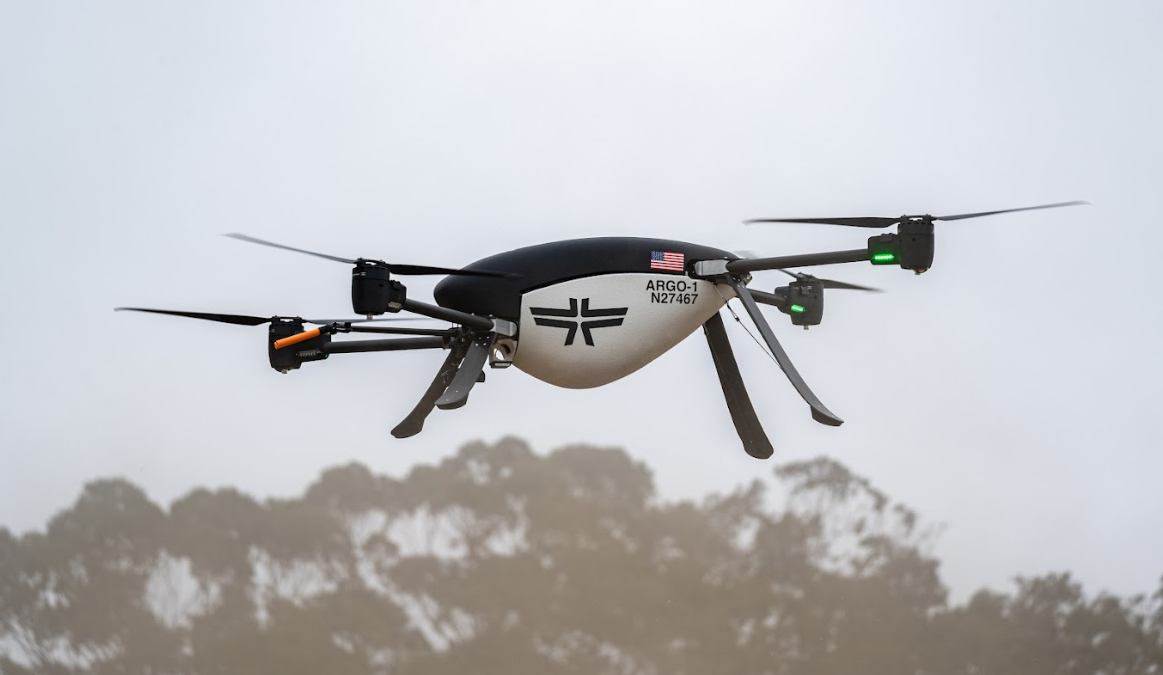DJI Ban in The US - Skydio CEO Refutes Allegations Towards his Company
.jpg)
The ongoing tensions between Chinese drone manufacturer DJI and US company Skydio have escalated, particularly in light of recent legislative discussions to ban all Chinese-manufactured drones in the US. As geopolitical concerns mount, Skydio’s CEO, Adam Bry, has taken a definitive stance in distinguishing his company from any lobbying efforts against DJI, reinforcing the perspective that the motivations of his firm is rooted in national interests rather than competitive gain.
In a LinkedIn post, Bry addressed accusations that the company is spearheading efforts to ban DJI drones to reduce competition in the U.S. market. He emphasized that Skydio’s primary focus is on promoting the use of American-made drones, especially in sectors critical to national defense and infrastructure. Bry argued that restrictions on Chinese-made drones like those from DJI are not merely corporate tactics but stem from legitimate concerns regarding security and the integrity of operation in sensitive areas.

During a recent House Select Committee hearing on the Chinese Communist Party, Bry articulated the real and perceived risks associated with Chinese drones, acknowledging both community concerns and the bipartisan support for a real ban. However, he also advocated for a measured approach, emphasizing the need for a transition period and financial assistance for organizations reliant on DJI technology, thereby indicating a nuanced understanding of the implications of such restrictions.
Bry further delineated Skydio’s involvement in government relations, noting that it constitutes a small fraction of the company’s budget and is essential for navigating the complexities of selling to government agencies. He articulated a clear distinction between lobbying for competitive advantage and advocating for broader national policy, stating, “Lobbying is simply how selling to the government works.” This assertion underscores the intricate relationship between corporate interests and national policy, and highlights Skydio’s strategic approach to positioning itself in a regulated market.
Moreover, Bry responded to criticisms regarding Skydio's pricing in comparison to DJI’s offerings, particularly a pointed comment about the perceived superior value of a DJI product priced at $16,000 versus Skydio’s model at $44,000. This critique highlights the competitive landscape that Skydio navigates, where questions of innovation and value are pivotal in determining market damping and acceptance.
As the conversation around drone regulations intensifies, the broader implications for the industry remain to be seen. Skydio’s commitment to supporting American manufacturing and innovation positions it as a potentially critical player as the U.S. moves away from reliance on foreign technology. However, the financial and logistical burdens placed on end-users during any transition period will need to be addressed to ensure robust support for this shift.
The dialogue surrounding the DJI and Skydio rivalry is emblematic of larger geopolitical tensions and the evolving landscape of technology in national security. Let us see what Autel Robotics will say and how Skydio will behave.





